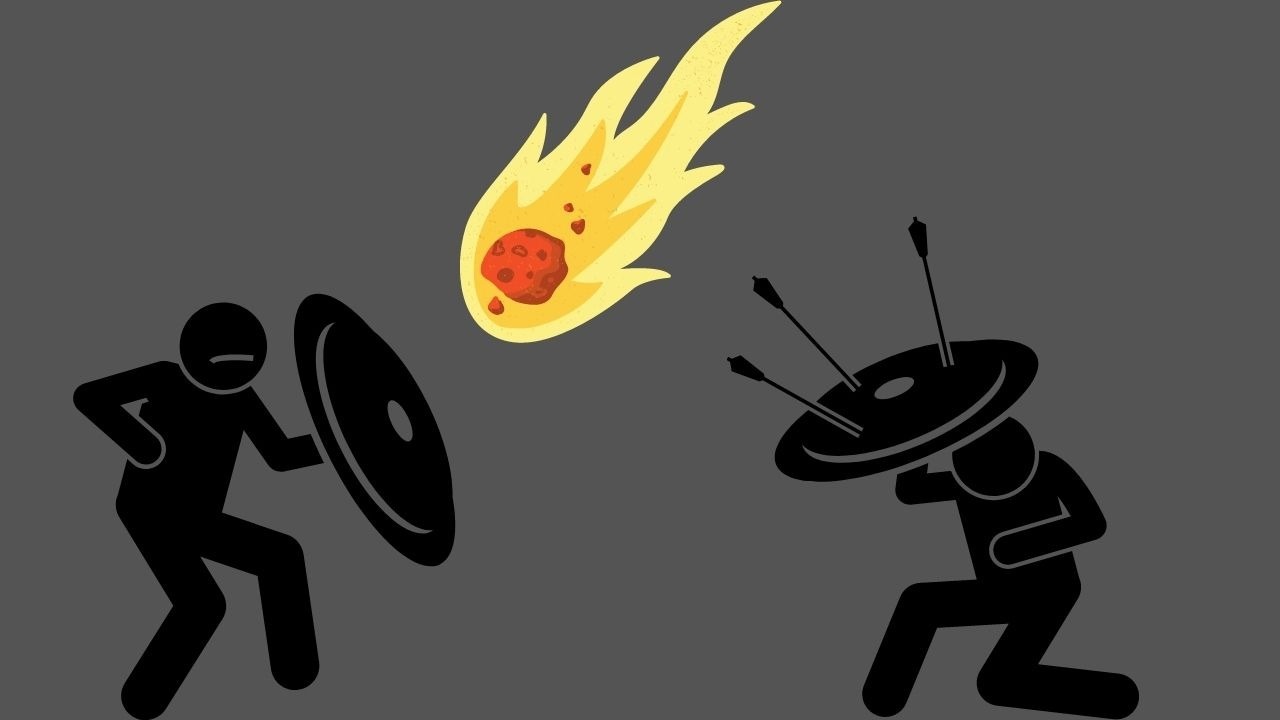
What Is Defensive Pessimism?
May 06, 2022Do you ever feel like you're always preparing for the worst? That's a sign that you may be using defensive pessimism as a technique to help yourself get things done. Defensive pessimism is expecting adverse outcomes in any situation and planning for them. While it may seem like a pessimistic way to live, there are benefits to using this strategy. This blog post will discuss defensive pessimism and how you can start using it in your own life.
Thinking negatively and then taking action as a countermeasure
People use various strategies when dealing with things that make them feel bad. One of the most common strategies is to use optimism and think positively to help avert any possible coming situation that might be harmful. For example, strategic optimists utilize positivity to think only about the positive outcomes, eliminating thinking about any negative scenarios that may occur. Think positive is probably the most common advice somebody will give you when you're in the dumps and feeling depressed.
However, did you ever hear about pessimism being an effective strategy for getting things done and preventing terrible things? Specifically, we are talking about defensive pessimism. It's a technique that works for some people, especially those who often feel anxious. You may want to know about this strategy and see if it is something you can apply in your life.
Defensive pessimism: how does it work?
Let us be clear first that defensive pessimism is different from pessimism. Pessimism is the tendency of a person to emphasize the negativity of things, such as thinking about the worst possible outcomes. With defensive pessimism, the same train of thought applies as in pessimism, but with the addition of taking action and preparing resources so as not to let the bad outcomes happen.
Defensive pessimists utilize negative thinking as a way of preparing themselves. First, they think of the worst-case scenarios that may happen from something. After thinking about the possible negative outcomes, a defensive pessimist will then take action to prevent such scenarios from manifesting. It can involve preparing the necessary resources, learning the proper skills, and training to ensure that you will succeed. For example, suppose somebody thinks that they may fail a job interview. In that case, the person will then improve the details in his resume, practice answering interview questions with somebody, and improve body language gestures before going to the interview. Due to the preparations made, one will have a higher chance of passing the interview, thus preventing the worst-case scenario of failure.
Should I try becoming a defensive pessimist?
Society encourages us more to utilize optimism to handle bad things and conditioning our minds to think only about the best possible outcomes that can happen. However, defensive pessimism can be a more promising strategy for individuals with anxiety or low self-esteem issues. Using positive quotes or affirmations may not work for such individuals and cause them to be more dismissive of such thoughts.
Defensive pessimism can work well for anxious people and help them manage anxiety while getting positive results from taking action to ensure that nothing terrible happens. However, for people who are more used to thinking positively, this strategy might not be a good way of getting things done as it reflects anxiety and can cause one to have more negative thoughts in the process. Nevertheless, one should not dismiss defensive pessimism as it can lead to positive psychology and help people accomplish things in their lives. Negative thinking becomes wrong when you only stop at the thinking process and don't do anything to change the situation. Defensive pessimism works because you don't only think about the negative possibilities but also pair your thinking with action that helps you prepare and overcome what you are fearing, netting your success in the end.
Pessimism is not all doom and gloom.
People will generally avoid somebody who is a pessimist as their negative thoughts can influence their minds and actions. However, one should not underestimate the power of negative thinking regarding defensive pessimism. Sure, it may look like a paranoid way of coping, but it works for some people and allows them to reap benefits from it. Defensive pessimists can boost their self-esteem from such a strategy since they can get things done due to preparation and taking action for fear of something terrible happening to them. Higher self-esteem can lead to better performance at work and a higher chance of achieving goals, putting one in a better position to tackle upcoming challenges in life.
An excellent way to look at defensive pessimism is that it is another way of handling the things that happen in our lives and finding ways to solve them. While others prosper more with positive thinking, defensive pessimists go the other way around. Defensive pessimism is not for everyone. It works for some people, but it may be more harmful to others. See if it works for you. You don't even have to stick with defensive pessimism as your sole strategy for dealing with things. You can mix it with techniques that utilize positivity more and adopt whatever method suits your mood. As long as you keep your eyes on your goals and work towards them, whatever strategy you use will allow you to reap the rewards in the end.



